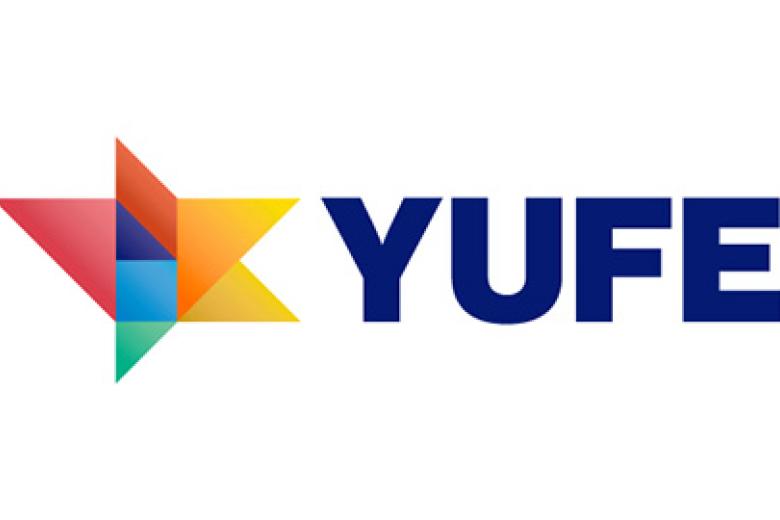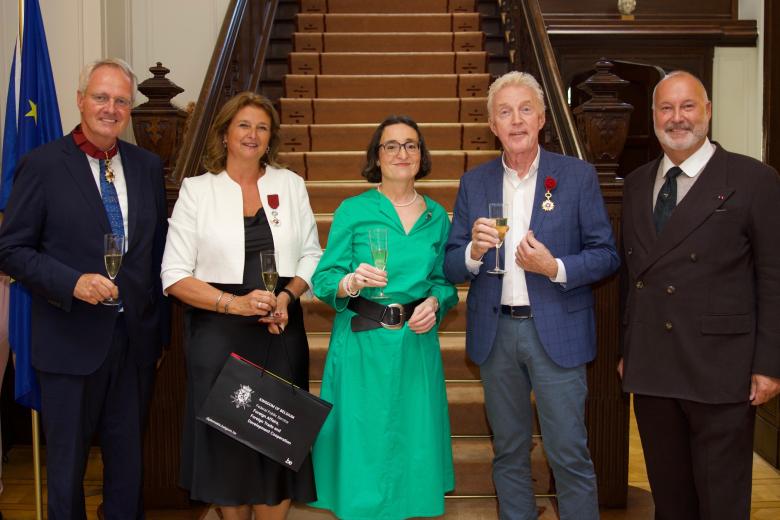Dutch Universities present alternative Student Cabinet
Not a coalition agreement for the next four years, but a plan for the long term, based on science. In the wake of this month’s parliamentary elections and with the formation of a new government in full swing, universities in the Netherlands have come up with an alternative coalition agreement. The first Dutch Student Cabinet numbers 14 students, each representing a ministerial post with a suitable plan for the future of the country.
"Not all issues can be solved within the next four years, by no means. What will our country, or the world, look like in 30 years? And in 50 years? What choices must we make now to ensure that we can still live our healthy, happy and sustainable lives in the future? The Student Cabinet is going to help with that," in the words of Timon Metz (University of Twente), Prime Minister of the first Dutch Student Cabinet.
Maastricht student minister
Each university has sent one minister to the Student Cabinet. UM has an inspired Minister of Foreign Affairs in the person of Heleen van der Velden. In addition to her new role as cabinet minister, she studies European Studies.
In her policy plan, which she sums up in the video below, Heleen is crystal clear: we must move towards a single European educational area. "We can no longer afford to think small, we must dare to look beyond our own borders and join forces. With good international education, we can work towards a better future for everyone and at the same time keep the Netherlands in a leading position as a ‘knowledge country’."
Plans based on science
In their 'Coalition Agreement', the student ministers present sustainable plans for the future. They give their vision on social issues in which innovation, technology, science and universities play a crucial role.
This vision is not based on politics, which is guided by daily agendas or the favour of voters, but on thorough research and science. The students’ horizon is not just four years, but much longer. The student cabinet and their coalition agreement are intended as offering a helping hand towards a new 'real' cabinet. Their message: Don’t talk about students, but with students.
Universities are a source of wisdom, knowledge and innovations, which can contribute to the development of a new Netherlands. Making the right choices now will benefit us all in the long run.
New ministerial posts
The types of ministerial posts show that this alternative cabinet is looking to the future with fresh eyes. For example, the students are introducing a Minister of Data & Privacy, one for Healthy Living, Innovation, New Data Works (the digital equivalent of the Delta Works), Inclusivity, Sustainable Economy and LOVE (a Dutch acronym that stands for Agriculture, Environment, Food and Energy).
Read more about the alternative Student Cabinet (in Dutch only)

Also read
-
Green light for UM participation in unique YUFE bachelor programme
The UM can start as a degree awarding partner in the new unique bachelor programme Urban Sustainability Studies offered by YUFE (Young Universities for the Future of Europe), an alliance of ten European universities. This week, the UM received a positive outcome of the macro due diligence assessment...

-
Professor Anouk Bollen-Vandenboorn appointed Knight in the Order of the Crown
Prof. Dr Anouk Bollen-Vandenboorn, Director of the Institute for Transnational and Euregional cross border cooperation and Mobility (ITEM) at the Faculty of Law, Maastricht University, was appointed Knight in the Order of the Crown on 3 July, during a formal ceremony at the Belgian Embassy in The...

-
Study Smart gets Dutch Education Premium
Maastricht University's (UM) interfaculty educational innovation project Study Smart is one of the three winners of the Dutch Education Premium 2025. This was announced on Tuesday during the Comenius festival in The Hague.
